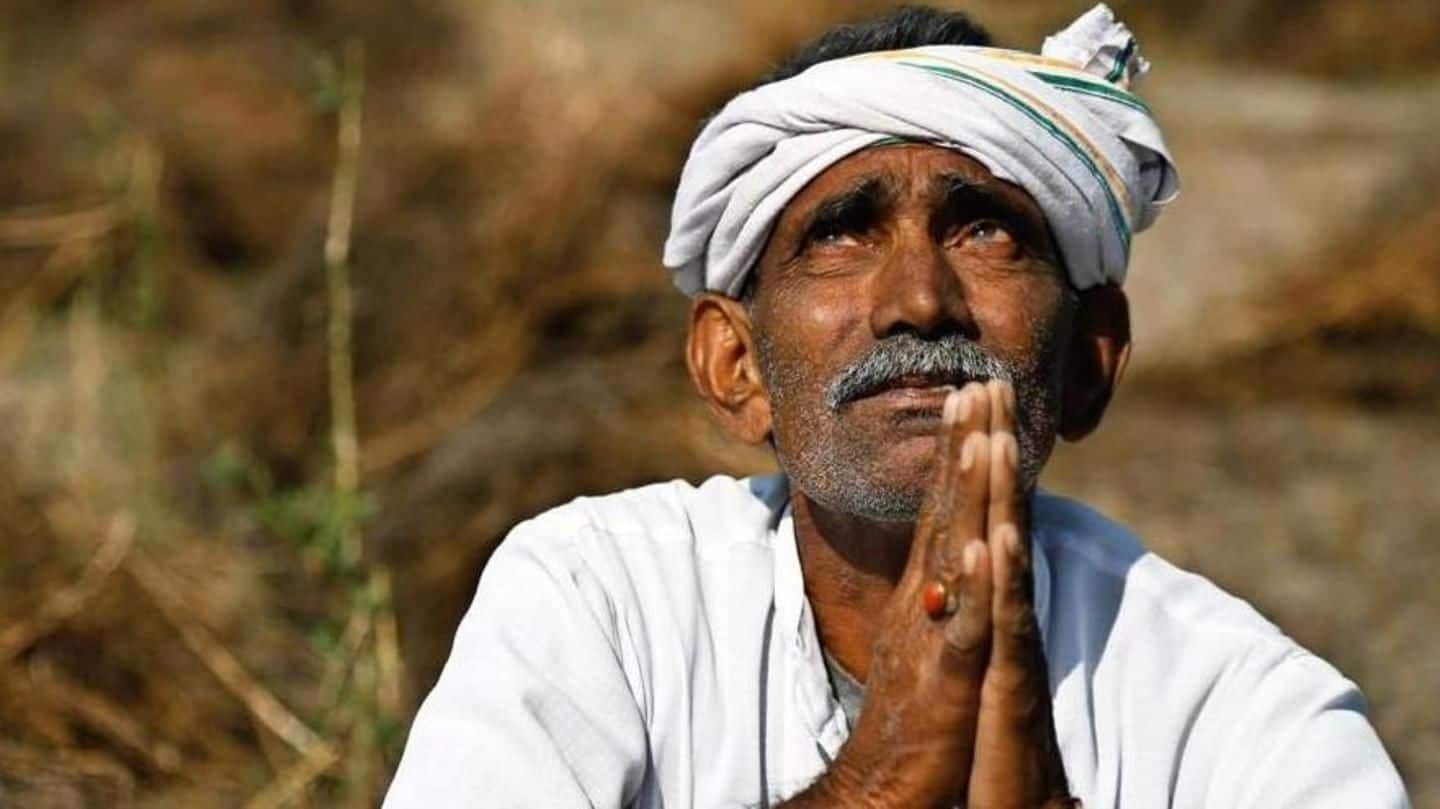
For almost two-decades, Indian farming has been unprofitable, study finds
What's the story
For the last two decades, farming in India hasn't been profitable, a study conducted by the Organization of Economic Cooperation and Development (OECD) and research firm ICRIER concluded. The study tracked 26 countries and it was found that India, Vietnam and Ukraine had negative farm revenues. In other words, the assets invested in the farming sector don't yield results, breaking the industry's backbone.
The reason
Government policies major reason behind sorry state of farming
The study found gross farm revenues fell an average of 16% every year between 2000 and 2016. But why has farming become unprofitable in India? It is largely due to policies of the government which keep farm incomes low despite the consumers paying the share. The government's obsession with keeping prices low to curb inflation is another reason behind this.
Other reasons
Government's restrictions on exports further worsened the situation
Further, the report blamed the government's habit of governing food and not the agriculture sector as a whole. The trade restrictions to keep domestic inflation at a check, bans on exports and lower MSPs, all contributed to the condition of farming today. The study pointed out the Essential Commodities Act and the Agricultural Produce Market Committee Act proved regulations affected price discovery.
Blame game
Former agriculture secretary blamed UPA government for the condition
The agriculture secretary of former UPA rule, Siraj Hussain, blamed the previous government for distortions. He said the imposed export restrictions weren't reviewed even when the global prices fell. "As a result, India lost the opportunity to export sugar, rice, maize, wheat, even non-basmati rice," he said. For the years between 2000 and 2016, the amount farmers received for various commodities remained lower than international standards.
Details
Economists feel government should concentrate on investments, not subsidies
"It seems from the report that agriculture has become a low-level equilibrium trap. Governments kept pumping in more and more input subsidies, rather than investments," economist Uma Kapila said. In the low-equilibrium model, poverty stops new investment needed for growth. She added instead of subsidies if the government's priorities were investments, the situation would have been different.